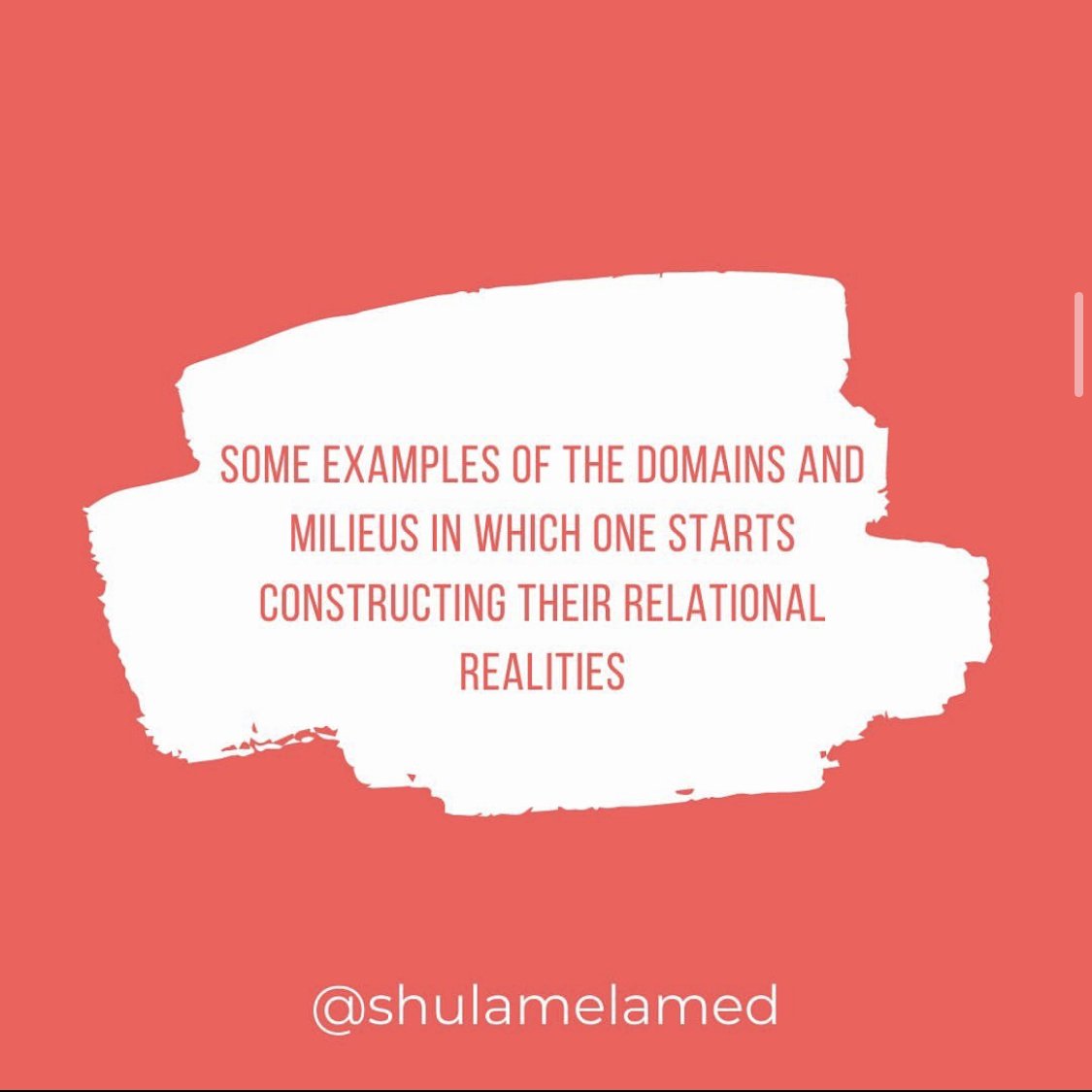When I run one of my 1:1 sessions, relationship workshops or coach trainings I usually ask participants/clients about how they learned about relationships.
Since it is rare to 0 that anyone has had any formal education in this I start by asking about some of the myths and messages they might have heard around relationships. The theories they have picked up about love, sex, relationships and gender. The theories that might be lingering and hanging out having an effect on how they relate to others.
This is a huge part of self-awareness as many of these myths and messages seem to just be part of your internal working system and create something I call your “relational reality”. I think about this as your working theory about relationships. What we think about them, how we operate in them, navigate them and how experience with them can change how we feel in them. I like to think of it as a working theory because it shifts and changes as we do, which we do and will continue to as experience compounds.
Here are some of the examples and milieus in which one starts constructing the relational realities.
•The way that we feel about relationships/sexuality is heavily influenced by the culture and the time that we grow up in.
•Furthermore it can be influenced by our familial subculture and in our chosen families/friend groups.
•Every culture and subculture**(see below for my use of this term here) has standards for what they deem desirable, attractive and most notably acceptable.
•Even in communities where liberalism and anything goes seems to be the setting that is also a code of ethics that if not adhered to might result in social consequences.
** (NOTE: Subculture refers to the dominant culture which is hetero/cis/monogamy normative. Sub is not a prefix here that is referring to anything ‘lesser’ it’s an acknowledgement of sociocultural norms that are more represented than others).






